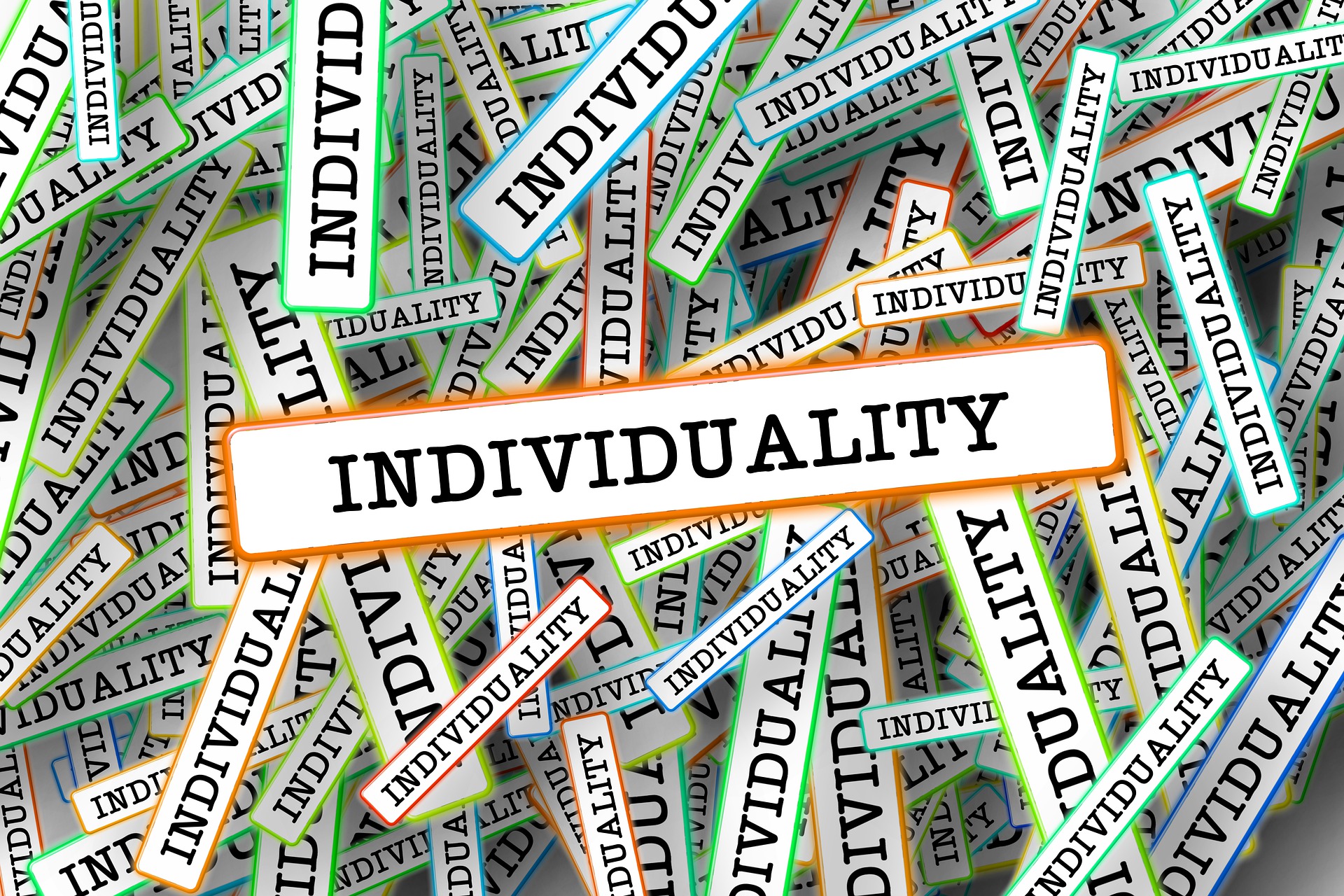Epilepsy, a neurological disorder characterized by recurrent seizures, is far more intricate and multifaceted than commonly perceived. Despite its prevalence, there remains a significant gap in knowledge and understanding surrounding the condition. This lack of comprehension contributes to misconceptions, stigma, and challenges in effectively managing epilepsy.
1. Diverse Presentation of Seizures
Epileptic seizures manifest in various forms, ranging from convulsive seizures, such as generalized tonic-clonic seizures, to more subtle focal seizures, which may involve transient alterations in consciousness or unusual sensations. The diverse presentation of seizures can lead to misdiagnosis or underdiagnosis, as some seizures may go unnoticed or be mistaken for other medical conditions.
2. Underlying Causes and Risk Factors
While epilepsy itself is a diagnosis, it is often symptomatic of an underlying cause or risk factor. These can include genetic factors, brain injuries, infections, developmental disorders, and brain tumors, among others. Understanding the specific cause or triggers of epilepsy in an individual is crucial for tailoring treatment and management strategies effectively.
3. Treatment Challenges
Managing epilepsy is not a one-size-fits-all endeavor. Antiepileptic medications, the primary treatment option for many individuals with epilepsy, may vary in efficacy and tolerability from person to person. Additionally, some individuals may require alternative or adjunctive treatments, such as ketogenic diet therapy, neurostimulation, or surgical intervention. Access to specialized care and resources for comprehensive treatment can be limited, particularly in underserved communities.
4. Comorbidities and Associated Conditions
Epilepsy is often accompanied by comorbidities and associated conditions that further complicate management and impact quality of life. These can include cognitive impairments, psychiatric disorders, sleep disturbances, and physical disabilities. Addressing the complex interplay between epilepsy and these comorbidities requires a multidisciplinary approach and personalized care plans.
5. Psychosocial Impact
Beyond the physical manifestations of seizures, epilepsy can have profound psychosocial implications for individuals and their families. Stigma, discrimination, and misconceptions surrounding epilepsy can lead to social isolation, anxiety, depression, and diminished self-esteem. Navigating relationships, education, employment, and daily activities can be fraught with challenges due to societal attitudes and lack of awareness.
6. Research and Knowledge Gaps
Despite advancements in neuroscience and epilepsy research, significant gaps in knowledge persist. Understanding the underlying mechanisms of epilepsy, identifying biomarkers for diagnosis and prognosis, and developing more effective treatments remain areas of ongoing exploration. Furthermore, disparities in research funding and representation hinder progress in addressing the diverse needs of individuals with epilepsy.
7. Empowering Advocacy and Education
Addressing the complexities of epilepsy requires a concerted effort to raise awareness, promote advocacy, and enhance education. By challenging misconceptions, combating stigma, and fostering understanding within communities, we can create a more supportive environment for individuals living with epilepsy. Empowering individuals with epilepsy and their families to become advocates for their own health and rights is essential for driving positive change.
8. Collaborative Approach to Care
Effective management of epilepsy necessitates a collaborative approach involving healthcare professionals, researchers, advocacy organizations, policymakers, and individuals with lived experience. By working together to bridge gaps in knowledge, improve access to care, and promote inclusivity, we can strive towards a future where epilepsy is better understood and individuals affected by it can lead fulfilling lives free from stigma and barriers.







